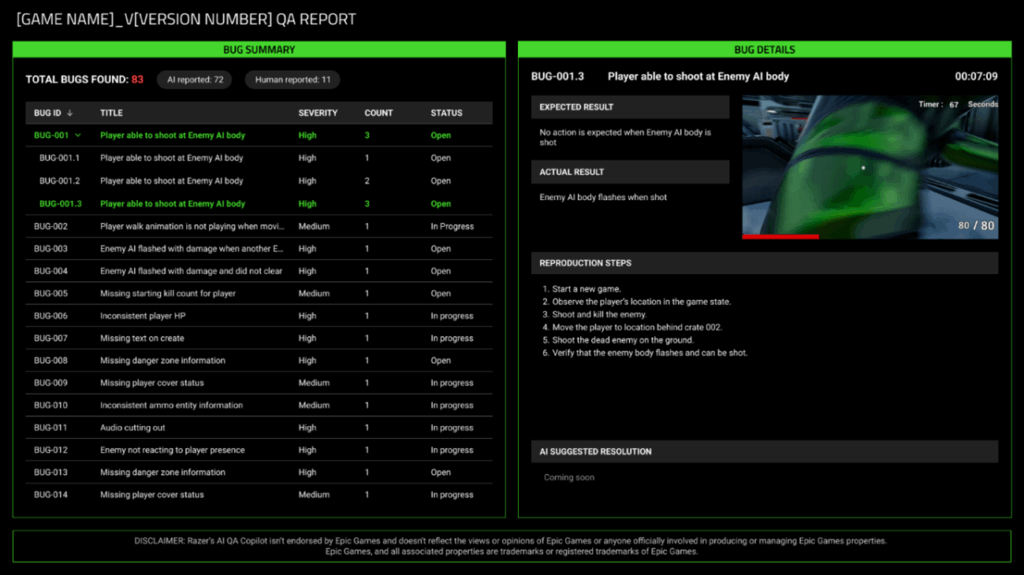In recent years, Brazil has witnessed significant advances in new forms of wireless connectivity, especially in low-orbit satellite internet and fixed wireless access (Fixed Wireless Access, or FWA). With the rapid expansion of 5G networks and the increased coverage provided by satellite constellations, the Brazilian market is now faced with a scenario in which these technologies can both compete and complement each other, depending on local conditions and the specific needs of users.
FWA 5G has been considered an alternative to take fixed broadband to places without fiber optic or cable infrastructure. Since December 2, 2024, all 5,570 Brazilian municipalities are able to receive standalone 5G technology, thanks to the release of the 3.5 GHz band by Anatel, anticipating in 14 months the schedule planned. Until March 2025, 5G was already present in more than 895 municipalities, especially the states of Sao Paulo (166), Santa Parana (122), Catarina (13), Rio Grande (13).
In addition to the national telecoms, which have invested heavily in expansion, new regional entrants who acquired 5G licenses in the spectrum auction also bet on FWA. But despite the growing interest, the current reach is still modest compared to traditional broadband. Studies indicate that about 40% of operators with 5G globally already offer FWA challenges such as the cost of equipment and data franchises limit the adoption of FWA in mass. Because of this, the current FWA offers come with relatively restricted data franchises, and demand that the manufacturers reduce the cost of CPEs to enable further expansion.
In terms of coverage, FWA can be offered quickly 5G, including some operators already advertise the service in cities such as Sao Paulo and Campinas. On the other hand, in rural or remote areas, the absence of 5G towers is a limiter. Overall, FWA will be more widely used where there is already well-established cellular coverage, capitalizing on existing 5G infrastructure to deliver wireless fixed broadband.
Low-orbiting satellites: advancing rapidly
Parallel to the FWA, Brazil is witnessing a real revolution in the satellite internet, driven by low-orbiting satellites (LEO). Unlike traditional geostationary satellites (which orbit ~36 thousand km from Earth), LEO orbit a few hundred km, allowing much lower latencies and services more comparable to terrestrial broadband.
Since 2022, a large constellation LEO has come to serve the country and has been growing exponentially in users and capacity. Currently, satellite coverage already reaches practically 100% of the Brazilian territory SO it is enough that the user has an unobstructed view of the sky to connect. This includes everything from farms in remote areas in the interior of Brazil to riverside communities in the Amazon.
Recent data confirm the rapid growth of the LEO satellite user base in Brazil. An April 2025 report highlighted that the main low-orbit satellite internet service & Starlink 345 thousand active subscribers in Brazil, which represents an increase of 2.3 times in just one year 4th largest market in the world.
This impressive number 2 achieved in about two years of commercial operation 2023 positions satellite connectivity as a weight solution, especially in locations where terrestrial networks do not arrive. For comparison, in September 2023 it was estimated that 0.8% of all broadband accesses in the country were already via satellite, a proportion that jumps to 2.8% in the North Region, with the LEO constellation accounting for 44% of these satellite accesses (about 37 thousand connections). In some states of the North, Starlinnk already holds more than half of its niche accesses.
The National Telecommunications Agency (Anatel) approved in April 2025 the expansion of the LEO satellite license, allowing the operation of 7.5 thousand additional satellites in addition to the approximately 4.4 thousand already authorized. With this, the constellation could reach almost 12 thousand satellites in orbit serving Brazil in the coming years, strengthening its capacity and coverage.
Performance & latency
Both systems can deliver broadband speeds, but the numbers depend on the available infrastructure. In measurements in Brazil, Starlink's LEO connection of 113 Mbps download and 22 Mbps upload, with performance superior to that of other satellites. On the other hand, FWA 5G, when using medium frequencies (3.5 GHz), can reach similar or higher speeds according to the proximity of the antenna and the availability of spectrum.
Regarding latency, a fixed 5G connection usually has latency in the range of 20 to 40 milliseconds, similar to a conventional mobile network suitable for real-time applications, videoconferencing etc. The constellation of low-orbit satellites recorded latencies around 50 ms in tests in Brazil, an incredibly low level compared to the 6000800 ms of geostationary satellites.
In practice, 50 ms is close enough to the fiber experience (which rotates at 520 ms) to support almost all applications without major losses. The 30 ms difference between FWA and LEO is not noticeable for most common applications, although 5G in stand-alone mode can theoretically lower latency further as the core infrastructure evolves.
Despite the similarities, in remote rural areas, or with poor infrastructure, satellite internet consolidates as a savior of the last mile. Where there are no cell towers nearby or fiber backhaul, implementing 5G may not be feasible in the short term 'The installation of a satellite antenna becomes the fastest and best performing output.
In the Brazilian agro, for example, the adoption of the LEO internet has been celebrated as a productivity factor, connecting farms that were previously offline. Even public agencies have resorted to the spatial solution to connect schools, health posts and bases in the forest. Therefore, in shadow areas of operators, the satellite has no competition 'it fills a niche of basic and advanced connectivity at the same time, leading from basic access to the internet to the possibilities of implementing IoT solutions in the field.
In contrast, in urban areas and regions with well-structured mobile networks, FWA 5G should prevail as a preferred option for fixed wireless access. This is because in cities there is high antenna density, capacity to spare, and competition between operators 5 factors that keep prices affordable and allow generous data packages. FWA can directly compete with traditional broadband in non-cabled neighborhoods, offering fiber-like performance in many cases.
In conclusion, the new connectivity scenario in Brazil points to the complementary coexistence of FWA and satellite internet. This is not a frontal competition for the same market share, but to optimally meet different geographic and usage needs. Executives and decision makers should see these technologies as allies in the expansion of connectivity: the FWA taking advantage of the 5G infrastructure to deliver fast wireless broadband where it is economically viable, and the satellite covering the gaps and providing mobility and redundancy. This mosaic, if well coordinated, will ensure that digital transformation does not know physical boundaries, bringing quality internet from the center of metropolises to the sustainable and efficient confines of the country.













